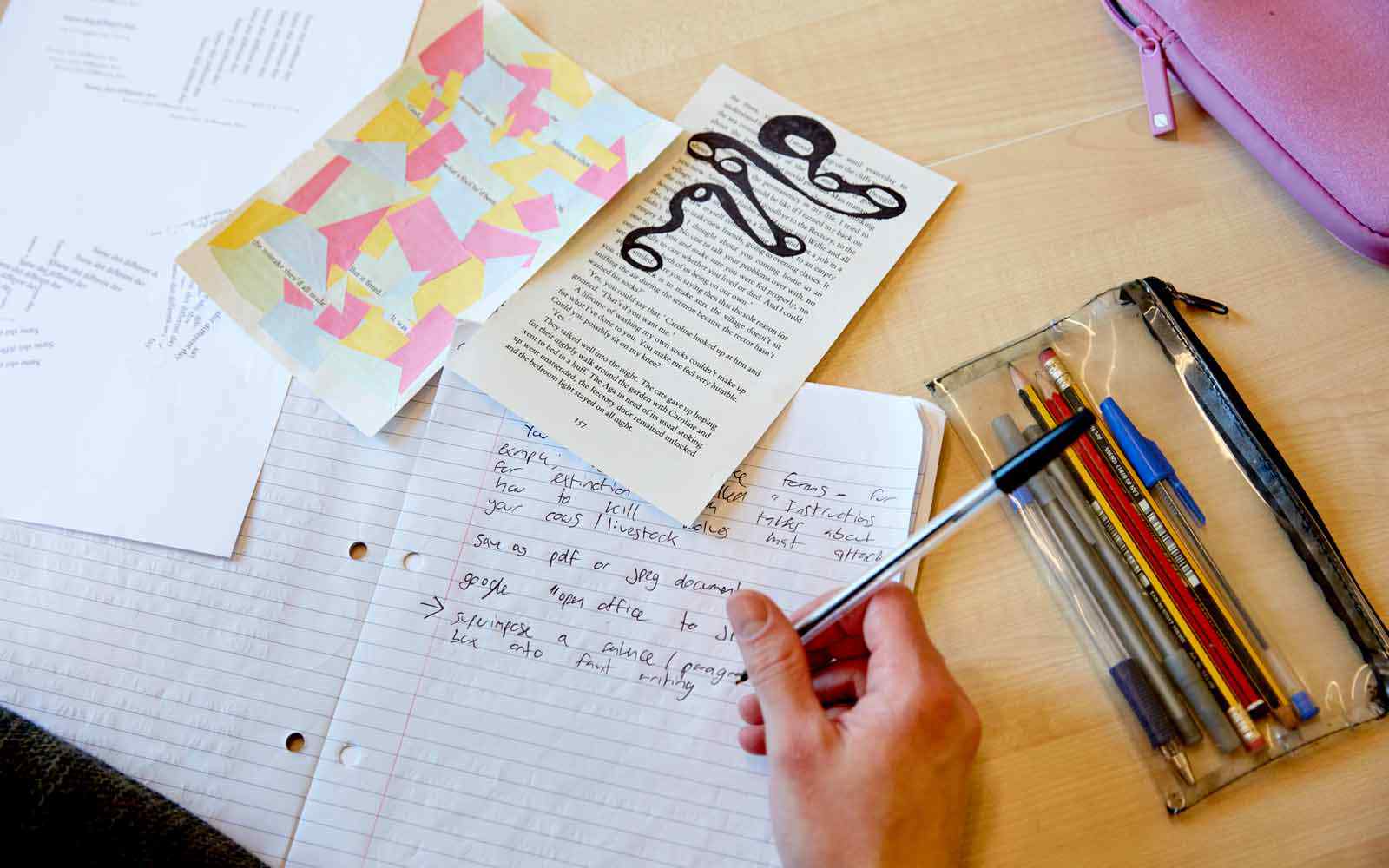Recreational therapy offers a variety of entertaining activities that brain injury patients can participate in as per their ability level. Besides entertaining, such activities have the added benefit of stimulating the brain and restoring functions.
Survivors of traumatic brain injuries (TBIs) often report that, due to decreased abilities, they are no longer participating as much in leisure activities. Usually, this isn’t on purpose, and most survivors are keen to reconnect with activities they enjoy. Fortunately, there are a lot of fun and stimulating things that are great for patients suffering from a brain injury that can help the healing process.
Benefits of Recreational Activities Post Brain Injury
Leisure activities that challenge your brain are really good at upgrading brainpower. This is called recreational therapy; it helps foster neuroplasticity- the fancy term for your brain’s ability to heal and reconfigure itself.
Think of your brain as a gym for the neurons. The tougher your activities, the more your neurons’ internal connections, such as neural pathways, can be strengthened. How tight these pathways are will determine the rate at which one can regain certain functions.
Recreational therapy can be a diverse range of fun or leisure activities. These can help build stronger ties to the community, increase physical strength, encourage exercise, or help with specific sports skills. All this can be very helpful to survivors in improving motor skills, cognitive function, and social interactions. There are many activities to choose from.
Therapeutic Activities for Brain Injury Patients
Recreational therapy can involve people engaging in enjoyable activities that stimulate their brains. This will be a chance to have fun while keeping the mind active.
However, one should start small. Simple activities can enhance motor and cognitive skills. They may be simple, but don’t let their simplicity fool you- they are still beneficial for those recovering from a brain injury.
Now, let’s talk about some of the fun activities that have especially been designed for patients suffering from brain injury:
Puzzles
Doing puzzles and board games is fun and a very effective way to sharpen your cognitive skills. Mostly played in a social environment, board games bring a social element to the game, easing the level of cognitive engagement.
Some famous ones are Chess, Sudoku, Scrabble, and Uno. And if you’re ready for a mental exercise, then puzzles are the best for it. They check your memory, strategy, and even problem-solving abilities. Do it solo or with your friends; the challenge is quite fun!
Video Games
Video games increase your brainpower as you have a lot of fun! They are not only fun but also enhance your cognitive skills. Your brain gets a great workout while navigating through various parts of itself.
Research shows that they can enhance your abilities in decision-making, solving problems, and processing information. From virtual reality games to a fun-filled Wii sports experience, there is something to suit everyone. So, why not switch on the gaming console and boost your brain?
Painting
Igniting your creative spark is a great way to revitalize your brain and promote healing after a brain injury. Creative activities such as painting or other art therapies can help you develop a stronger ability to concentrate, among other mental skills, thus enhancing memory, navigation, problem-solving, and fine-tuning motor skills.
Painting can also be the best way to manage hard or unwanted emotions. This is very helpful for those with traumatic brain injury and with emotional changes such as depression, anxiety, and many other mental changes.
Dancing
Dancing may bring about an improvement in someone’s motor skills, such as balance and full-body coordination. That is why such an activity may prove a good source of leisure for someone coming from a history of brain injury. Other than those effects of offering benefits based on the workout physically exercised by cardio exercises, music therapy enhances cognitive as well as emotional health.
So let loose, feel the sound of the music, and move any way you want. It really comes down to having a fun time while doing something that will be good for both body and mind.
Creative Writing
Creative writing brings a creative twist to the stimulation of your brain. This fun and engaging world of creative writing lights up different parts of your brain and complements memory and retention.

Start your creative journey by keeping a personal journal. Make it a repository of your dreams, aspirations, and ideas—or even a home to little narratives that you spin. Taking your journal outside and writing down Nature’s happenings is a brilliant way to sharpen your focus and attention to detail.
Yes, writing may be a little scary if you are dealing with brain injury and still gaining motor skills. But let that not stop you from indulging your creative side. You can always engage in storytelling or read aloud to someone.
Such activities are not less creative and equally entertaining. Reading out loud may help bring your listening and reading comprehension skills up another notch. Moreover, it is a very good hobby to be enjoyed with the family.
Knitting
Knitting can help to improve your hand function and build fine motor skills. It can help regain a lost sense of authority, especially if you have had a brain injury. It allows the latitude to rectify goof-ups. It is an ideal hobby for those with attention problems since it requires little concentration. In addition, completing a piece can be very fulfilling, adding joy to your day.
Music Therapy after Brain Injury
Music therapy is a widely known and clinically tested methodology that stimulates our brains and promotes recovery. Perhaps it is an effective tool for individuals recovering from brain injuries as it enhances language skills, cognitive functions, and motor control.
Just listen deeply, sway to the rhythm, sing along, or play an instrument. Remember, interaction with music must be both beneficial and enjoyable!
Aquatic Therapy
Survivors of brain injury generally prefer aquatic therapy as it gives them much delight and benefit. It’s a very engaging activity wherein you exercise under a certified therapist’s expert guidance, which happens in a comfortably warm pool.
Do you ever feel how light your body feels in water? It’s because water lightens the weight of your body by nearly 90 percent, so movements are relatively easy. This is a wonderful relief for survivors to manage the effects of muscle weakness after a brain injury. It also aids in the recovery of motor skills by a substantial amount.
In addition, water is denser than air and thus offers more resistance when trying to move. These conditions make it a workout buddy that develops muscle strength and endurance.
Gardening
Gardening is an enjoyable activity that can be done alone or with others. Research indicates that getting your hands into the dirt actually enhances overall health. Not only that, but it also enhances cognitive performance.
Gardening reduces stress and anxiety and even manages mood swings that people often face after a brain injury. A common saying, “Nature heals, “indeed does in this situation. Jumping into this activity is a beautiful way to interact with Mother Nature and serves as an excellent brain stimulator.
Summary
This can include cognitive, emotional, and physical recovery supporting rehabilitation: engaging patients with acquired brain injury in structured, stimulating activity. Activities would include memory games, physical exercises, creative arts, and social interactions that would help rebuild cognitive function and improve morale and resilience.

